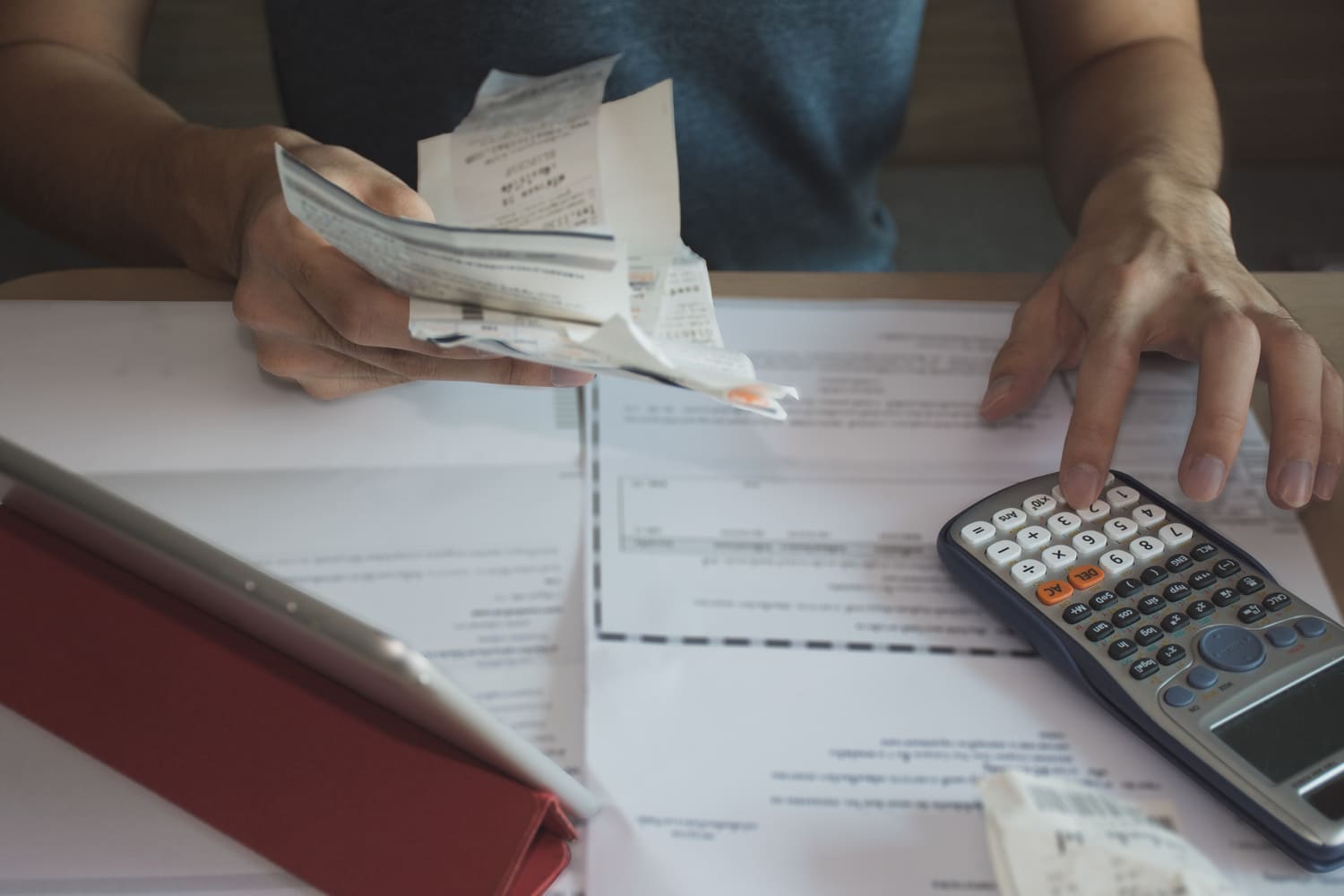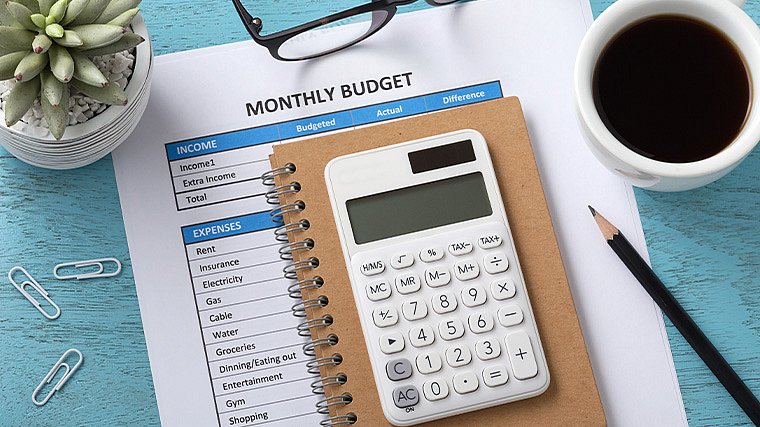Before you start writing down your expenses
A household budget is not a diary where you write down what you did at the store today. A budget is about planning. Arranging your needs into appropriate categories and trying to predict what expenses each one requires. This way you assign every zloty a specific task for the month.
The reason for this is simple. You are supposed to know how much money you have already spent in a particular category and how much more you can spend in that category. Only by doing this at the end of the month are you able to objectively assess whether your budget adds up or is in shambles.
Writing down receipts without first preparing a budget is art for art’s sake. Suppose that in the middle of the month you see that you have already spent 700 zlotys on food. What are the implications of this? Absolutely none. Such information is worthless because you have nothing to relate it to, you haven’t made any assumptions.
However, when you assume that you should be able to spend 900 zlotys on food every month, and in the middle of this month you have already spent 700 zlotys, you get a specific message. Something is wrong. The money is spent too fast. If this is your first month, you may have made incorrect assumptions about your spending levels. If you’ve been budgeting for a while, you have either been hit by inflation or it’s time to change the store you shop at. Alternatively, you’re gorging yourself, but let’s assume that’s not the case.
If discrepancies between plans and reality persist – don’t give up. For the first few months, you get to know your true costs and are just learning how to set targets. The easiest way to do this is by averaging over an entire year or a minimum of several months. Give yourself time and don’t give up.
Why is it important to write down expenses?
Writing down your expenses and earnings is pointless if you are only going to passively record them without later analysis. Remember that receipts are just the data you need to enter into the equation, but for it to be complete, you need full information. Not just assumptions, but confronting them with reality.
By controlling your monthly ratio of expenses to earnings, you are able to determine how much savings (or debt) you generate each month. That’s how you know if the money you set aside from each paycheck will be enough for a recurring expense in six months such as car liability insurance, property tax or holiday by the seaside (where you relax, not sell waffles). You will also find out if you go overboard in specific categories, even though you think you are in control of them.

How to write down expenses and not waste time?
To start, I’ll show you a popular method advocated by many financial influencers and how much time is wasted on it – to make you realize the gap between good and bad advice.
Wrong method:
- Collect receipts and card payment confirmations.
- Assign them to the appropriate accounts and stack them accordingly.
- Do this all week long.
- Write down your expenses over the weekend.
- No longer have any idea what went where.
- Spend at least 1 hour on this.
- Burst into tears, like when your first high school love laughed at your advances.
Do you really want to spend 4 hours a month writing down how much you spent on a candy bar and how much on painkillers because your head is already splitting from all this absurdity? That’s 48 hours per year, fully wasted 2 days. Or maybe you’re doing full accounting for a limited liability company and have misunderstood home office a bit?
Let’s face it. There is no reason to waste so much time. You can do it better. I’ll show you how I write down my expenses myself in less than 15 minutes per month.
Right method:
- Set up a separate account or sub-account for purchases.
- Pay only from it.
- Write down your expenses every day.
- Build the habit, and with practice you will do it faster and faster.
Personally, I leave my receipts next to my computer when I return from shopping. When I sit down to it, I enter my expenses for the day in Excel. It takes me 20-30 seconds and everything is in the right categories. Believe me, a quarter of an hour a month is not a lot. I ran the measurements for an article on my blog and it came out to 14 minutes and 57 seconds. You won’t be as fast at first, but you will make progress as you become familiar with your tool. It’s a matter of habit.
Writing down expenses even faster
Not every bill can be fully assigned to one category. It’s obvious that you go on big shopping trips where you buy food, cleaning supplies, small appliances and many other trinkets. Extracting individual items from a receipt longer than your holiday is time-consuming and tiresome. You don’t have to do this at all. There is a simple solution to get around the problem. Just be sure to stick to product groups when putting items on the conveyor belt at the cash register and ask for separate receipts for food and chemicals, for example. A moment’s thought at the shopping cart will save you from painstakingly adding a dozen items at home.
Plus, if you don’t like Excel or just prefer an app on your phone, you can enter data into it right out of the store. This allows for completely getting rid of the ritual of sitting down to receipts and setting aside special time for it.
When it comes to devoting your time, all that’s left besides entering your expenses is the analysis and budgeting, but we’ll cover that in subsequent materials
Next article Earmarked fund and non-recurring expense fund
Previous article Classification of expenses

